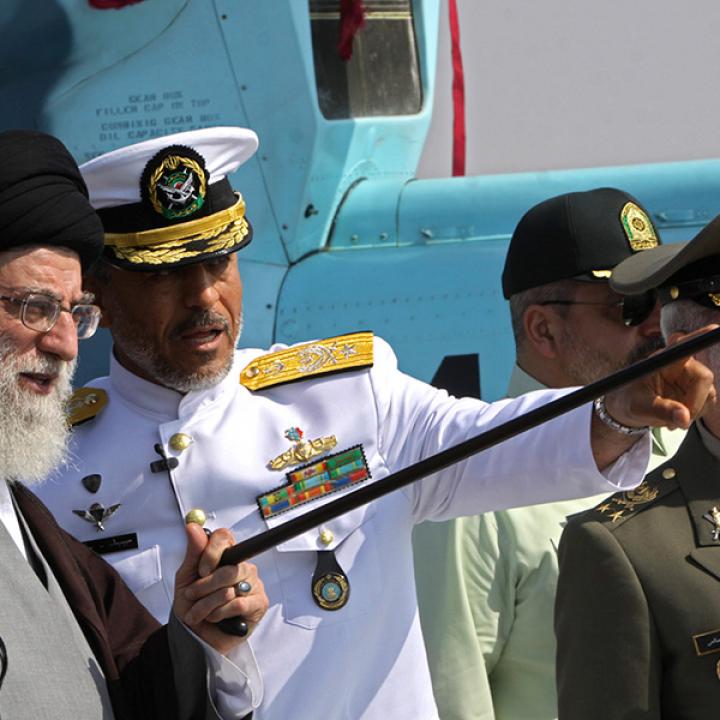

The coincidence of mutual opposition to a radical Sunni terrorist group should not blind Washington to the enduring threat that the Iranian regime represents.
As the United States begins its campaign to destroy the Islamic State, many voices can be counted on to call for cooperation with Iran. Among those has been none other than Secretary of State John Kerry, who insisted that Iran's exclusion from the Paris Conference "doesn't mean that we are opposed to the idea of communicating to find out if they will come on board, or under what circumstances, or whether there is the possibility of a change."
On the surface, this may seem sensible, as both Washington and Tehran have an interest in defanging a militant Sunni group. But we would wise to bear in mind two points: First, Kerry's proviso on the possibility of change, and second, that the essential axiom of Middle East politics is that the enemy of my enemy is sometimes still my enemy. The ebbs and flows of the war on terrorism should not be allowed to conceal the fact that the theocratic Iranian regime and its attempt to upend the regional order remains the United States' most consequential long-term challenge in the Middle East. The Islamic Republic is not a normal nation-state seeking to realize its legitimate interests but an ideological entity mired in manufactured conspiracies...
Washington Post



